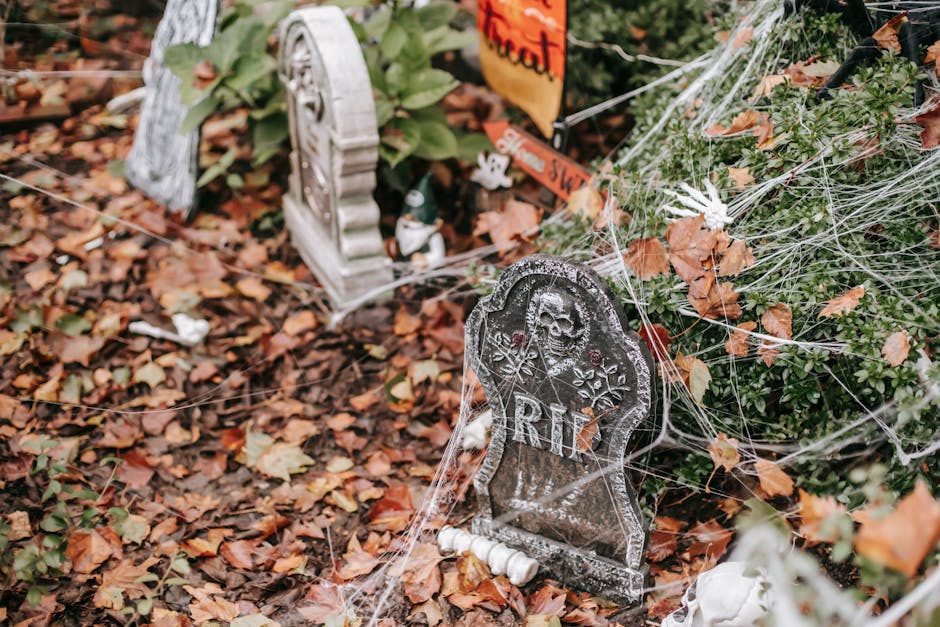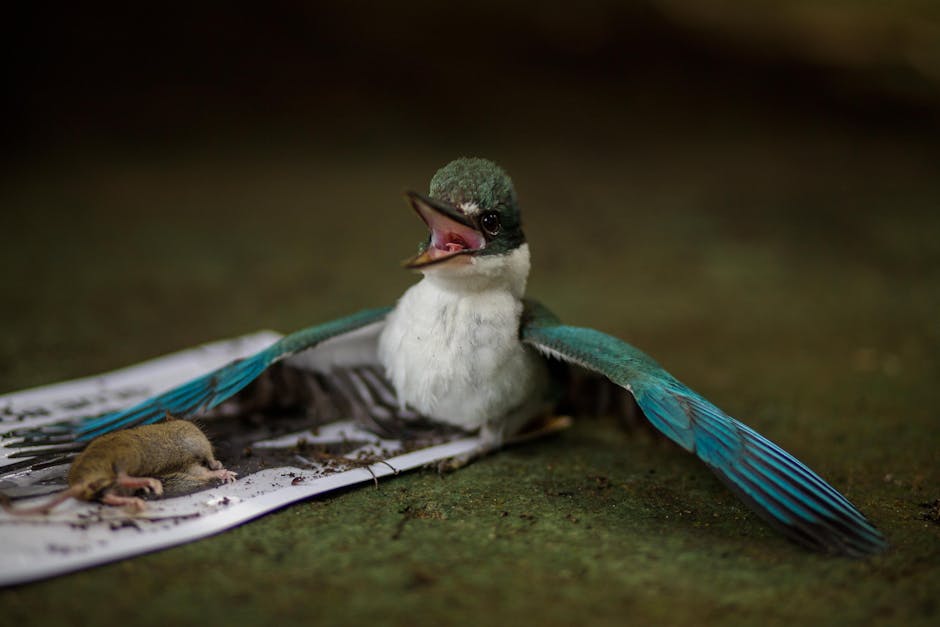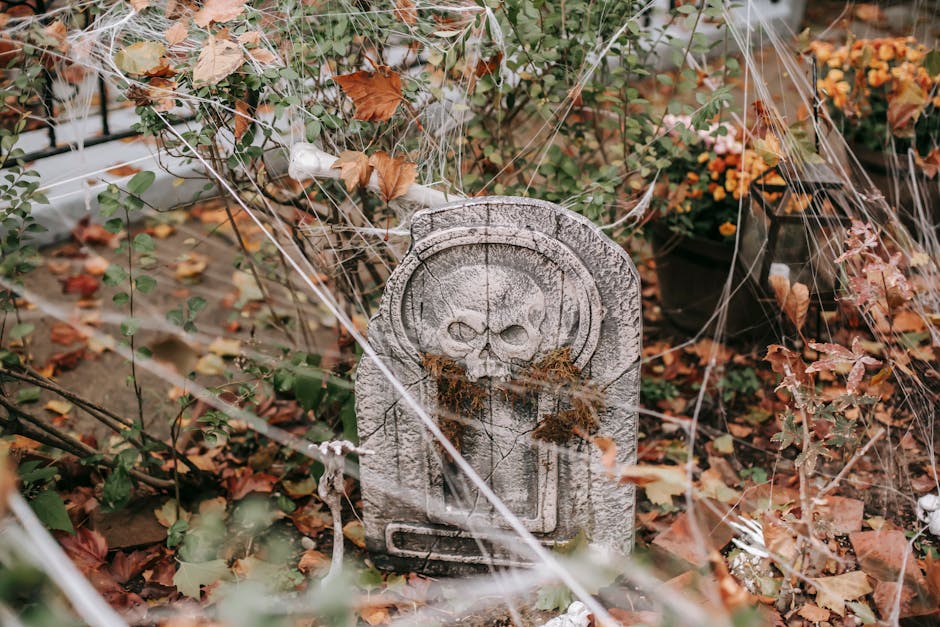Exploring the Symbolic Meaning of Finding a Dead Bird in Your Yard

Finding a dead bird in your yard can be a profound and thought-provoking experience. Birds have held symbolic significance throughout history, representing freedom, spirituality, and the connection between the earthly and the divine.
Birds are believed to carry messages from the spiritual realm or the afterlife in many cultures. The sight of a dead bird may be seen as a sign or omen, prompting contemplation on its symbolic meaning. Different bird species have specific associations and interpretations. For example, the owl is associated with wisdom and intuition, while the dove symbolizes peace and harmony.
The circumstances surrounding the discovery of a dead bird can influence its interpretation. If encountered during a time of personal transition or loss, it may be viewed as a sign of transformation or the closure of a chapter in one’s life.
The symbolic interpretations of finding a dead bird are subjective and vary across cultures and individual beliefs. Personal meanings are often ascribed based on experiences and spiritual or religious beliefs.
In this blog post, we will delve deeper into the symbolic meaning of finding a dead bird. We’ll explore the physical properties of a dead bird, common interpretations, dreams and omens, cultural beliefs, and the significance of the bird’s species. By unraveling these aspects, we hope to shed light on the rich symbolism and potential messages that can be derived from finding a dead bird.
The Physical Properties of a Dead Bird

When coming across a deceased bird in your yard, observe its physical properties to gain a better understanding of its condition and implications. Closely examine its external appearance, condition, rigor mortis, position and posture, environmental effects, and species identification.
External appearance: Take note of the bird’s distinct features, such as beak shape, feather color and pattern, wingspan, and tail length. These characteristics provide insight into the bird’s habits and symbolism.
Condition: Assess whether the bird appears intact or shows signs of trauma, wounds, fractures, or missing body parts. Consider the level of decomposition.
Rigor mortis: Note the presence or absence of rigor mortis, which can provide insights into the time elapsed since the bird’s death.
Position and posture: Observe the position in which the bird is found, the wings’ position, and the legs’ extension. These details offer clues about the circumstances surrounding the bird’s demise.
Environmental effects: Consider external factors that may have affected the bird’s appearance, such as exposure to the elements or predation.
Species identification: Try to identify the specific species based on its physical characteristics, providing cultural, symbolic, or ecological context.
By examining these physical properties, valuable information about the deceased bird is gathered, aiding in the exploration of interpretations, dreams and omens, cultural beliefs, and the significance of the bird’s species.
Common Interpretations of Finding a Dead Bird

Throughout history, birds have been associated with various superstitions and symbolic meanings. Finding a dead bird in your yard often carries common interpretations and can be seen as a sign or omen.
One prevalent interpretation is that finding a dead bird symbolizes impending death or warns of bad luck. It can also signify the end of a phase in life or the upcoming demise of a relationship or situation.
On the other hand, many interpret the occurrence as a message from the spiritual realm or a representation of the soul of a loved one. It is seen as a communication from departed loved ones, guiding and protecting those who find it.
Personal beliefs and cultural perspectives play a significant role in interpreting finding a dead bird. Different cultures and individuals may attribute distinct meanings to this event. Environmental factors can also explain the presence of a dead bird in your yard.
Understanding the common interpretations of finding a dead bird provides insight into its symbolism and significance. However, interpretations may vary based on personal beliefs, cultural backgrounds, and individual perspectives. In the following sections, we will explore dreams and omens associated with dead birds and delve into cultural beliefs surrounding these occurrences.
Dreams and Omens Associated with Dead Birds
Dreaming of dead birds can be a profound and thought-provoking experience. Throughout history, people have assigned various interpretations to these dreams, seeking to understand their significance and messages they may convey. The cultural beliefs and personal perspectives surrounding the interpretation of such dreams can vary.
In many cases, a dream featuring a dead bird is seen as a symbol of transformation and change. It suggests that a phase or aspect of your life is coming to an end, making way for new beginnings. Just as a bird goes through the cycle of birth, flight, and death, your dream might reflect the need to release the past and embrace personal growth.
The species of the bird in your dream can provide further insight into its symbolic meaning. For example, dreaming of an owl, known for its wisdom and intuition, may indicate the need to trust your own instincts and seek deeper understanding. On the other hand, a dream featuring a blackbird, often associated with transformation and spiritual awakening, could signify a significant shift in your consciousness or personal development.
Considering the context and emotions surrounding the dream is important as well. If you have a positive or peaceful experience despite the presence of a dead bird, it might suggest that the change or transition you’re going through is ultimately beneficial and necessary for your growth. Conversely, if the dream evokes fear, sadness, or a sense of loss, it could indicate resistance to change or the need to process unresolved emotions.
While dreams involving dead birds can be intriguing, it’s essential to remember that they are subjective experiences. The interpretation of these dreams is highly personal and can vary from person to person. Reflecting on your own emotions, experiences, and beliefs is crucial when deciphering the meaning of such dreams.
In some cases, dreams featuring dead birds may not necessarily carry a symbolic message. They could simply be a reflection of your subconscious mind processing daily experiences, thoughts, or fears. Understanding the context of your dream and considering your personal beliefs will help you determine whether it holds any significant meaning for you.
Exploring Cultural Beliefs Around Dead Birds

Cultural beliefs surrounding dead birds have captivated societies throughout history, encompassing a wide range of symbolic meanings and superstitions that vary across different cultures and regions. Understanding these diverse interpretations sheds light on the significance attached to finding a dead bird in one’s yard.
Symbolism and Superstitions
In numerous cultures, discovering a dead bird is often associated with omens or signs of impending misfortune or death. The interpretation of the omen can depend on factors such as the bird species, its behavior prior to death, and the cultural context. For example, some cultures perceive a dead crow as a warning of impending danger, while others may view it as an indication of imminent change.
Birds are frequently linked to the spirit realm or afterlife in certain cultural beliefs. Finding a dead bird may be seen as a representation of the soul’s transition or a message from the spirit world, reflecting a belief in the interconnectedness of life and death.
Moreover, dead birds can symbolize transformation and rebirth. In several cultures, the death of a bird is seen as a natural part of the life cycle, signifying personal growth or spiritual transformation. It serves as a reminder that change and renewal are inherent aspects of existence.
Regional Variations
Cultural beliefs surrounding dead birds exhibit remarkable diversity across different regions and communities, highlighting the importance of considering specific cultural contexts. Here are a few examples:
a. Native American Traditions
Native American tribes, such as the Navajo and Hopi, possess rich cultural beliefs regarding birds. In these traditions, the appearance of a dead eagle holds profound spiritual implications. The eagle is revered as a symbol of strength, wisdom, and connection to the divine, making finding a dead eagle a powerful message from the spiritual realm.
b. European Folklore
European folklore often associates particular bird species with symbolic meanings. For instance, finding a dead owl was believed to foretell imminent death in some European cultures due to the owl’s association with darkness, mystery, and the supernatural.
c. Asian Perspectives
Asian cultures also offer fascinating insights into the symbolism of dead birds. In Chinese culture, the death of a magpie is sometimes considered an auspicious sign, symbolizing the end of misfortune and the arrival of good luck. Conversely, in Japanese folklore, a dead sparrow is seen as a harbinger of bad luck and indicates imminent danger.
Understanding the cultural beliefs surrounding dead birds enhances our appreciation for the intricate tapestry of human interpretations. By recognizing the diverse symbolism attached to these creatures, we gain deeper insight into the significance of finding a dead bird in our own yards.
Interpreting the Significance of the Bird’s Species
Understanding the species of a dead bird found in your yard can provide valuable insights. Consider the following factors:
Species Diversity
Different bird species have distinct ecological roles and behaviors. If you live near a body of water, the presence of a dead water bird like a heron or duck may indicate potential environmental issues affecting aquatic ecosystems.
Local Habitat
Consider the specific habitat in your area. Understanding the local bird population and their preferred habitats can offer insights into the significance of finding a dead bird. It could suggest ecological imbalances or disruptions if the species typically inhabits a different habitat from your surroundings.
Symbolism and Cultural Beliefs
Research the symbolism and cultural beliefs associated with birds in different cultures. Exploring these symbolic interpretations can provide a deeper understanding of the potential significance of the bird’s species.
Migration Patterns
Consider the bird’s migration patterns if applicable. Finding a dead bird that is not native to your area could indicate a disruption or deviation from its usual migration route. Examining the bird’s migration patterns can shed light on the potential causes or implications of its presence in your yard.
Rarity or Conservation Status
The occurrence of a rare or endangered bird in your yard could suggest environmental issues. It serves as a reminder of the importance of conservation efforts and the need to protect vulnerable bird species.
Behavior and Mortality Factors
Pay attention to any visible signs of injury or unusual behavior exhibited by the dead bird. Observing these factors can provide clues about the potential cause of death and its implications.
By considering these factors and researching the specific bird species found dead in your yard, you can gain a deeper understanding of its significance within the context of your environment, culture, and personal beliefs.
What to Do After Finding a Dead Bird in Your Yard

After discovering a dead bird in your yard, follow these steps:
Importance of Proper Handling
Handle the bird with caution and respect to minimize potential health risks and show consideration for wildlife.
Safety Precautions
Wear gloves before touching the bird to protect yourself from potential disease transmission. Avoid direct contact, especially if the cause of death is unknown.
Document the Bird
Take note of its species, size, color, and any visible injuries or abnormalities. Consider taking photographs for identification or future reference.
Reporting
Inform the appropriate authorities or organizations responsible for handling dead birds in your area. They can provide guidance or request the bird for further examination.
Disposal Options
Double-bag the bird using plastic bags and place it in a sealed trash container to prevent scavenging animals from accessing the carcass. Alternatively, bury the bird in a deep hole away from water sources, gardens, or areas frequented by pets.
Disease Concerns
If the bird displayed signs of illness or if there has been an outbreak of avian diseases in your area, consider reaching out to local health authorities or wildlife professionals for guidance.
By following these guidelines, you can handle the discovery of a dead bird responsibly and contribute to the overall understanding of bird mortality in your area. Treat wildlife with respect and take appropriate actions to ensure both your safety and the well-being of the environment.
Conclusion – Unlocking the Significance of Discovering a Dead Bird in Your Yard
In this blog post, we have delved into the symbolic meaning behind finding a lifeless avian visitor in your outdoor sanctuary. Let’s recap the main points and uncover the true significance of this intriguing phenomenon.
Superstitious Beliefs: Beyond the Veil of Mystery
Throughout history, cultures have associated superstitious beliefs with the discovery of a dead bird. However, it’s crucial to approach these beliefs with a rational mindset and consider alternative explanations.
Natural Causes: Nature’s Course Unveiled
Discovering a dead bird in your yard is often a result of natural causes. Disease, old age, predation, or accidents are common factors contributing to avian mortality. It’s important to recognize that death is a natural part of the cycle of life.
Environmental Factors: A Call for Awareness
Environmental factors significantly impact bird mortality. Climate change, habitat loss, pollution, and collisions with man-made structures pose challenges to bird populations. These factors increase the likelihood of finding dead birds, reminding us of our impact on nature’s delicate balance.
Encouraging Rational Thinking: Seeking the Truth
When encountering a dead bird, approach the situation with rational thinking. Rather than resorting to supernatural interpretations, consider natural explanations. Embracing scientific perspectives deepens our understanding of the world and helps us avoid unfounded fears.
Promoting Responsible Actions: Nurturing Compassion
When finding a deceased bird, act responsibly. Ensure safe disposal to prevent disease spread. Follow guidelines, such as using gloves and practicing proper sanitation. By taking responsible actions, we show respect for life, both human and avian.
In conclusion, the significance of finding a dead bird in your yard is multifaceted. While superstitious beliefs persist, embracing rational thinking and considering natural causes and environmental factors contribute to a deeper connection with nature. By nurturing compassion and acting responsibly, we appreciate the intricate tapestry of life that surrounds us.
Frequently Asked Questions
What does it mean when you find a dead bird in your yard?
Finding a dead bird in your yard can have various interpretations and meanings. In many cultures, it is seen as a sign or omen, representing impending death, the end of a phase in life, or a message from the spiritual realm. However, the symbolic meaning of finding a dead bird is subjective and can vary based on personal beliefs and cultural perspectives.
What should I do if I find a dead bird in my yard?
If you find a dead bird in your yard, it is important to handle it with caution and respect. Wear gloves to protect yourself from potential disease transmission and avoid direct contact, especially if the cause of death is unknown. You can document the bird’s species, size, color, and any visible injuries, and consider reporting it to the appropriate authorities or organizations responsible for handling dead birds in your area. Proper disposal, such as double-bagging the bird or burying it in a deep hole away from water sources and gardens, is recommended.
What are the possible reasons for finding a dead bird in my yard?
There are several natural causes for finding a dead bird in your yard. These include disease, old age, predation, accidents, or environmental factors such as collisions with man-made structures. It is important to recognize that death is a natural part of the life cycle, and avian mortality can occur due to various reasons.
Does finding a dead bird in my yard always have a symbolic meaning?
No, finding a dead bird in your yard does not always have a symbolic meaning. While it can be seen as a sign or omen in many cultures, it is essential to consider natural explanations and environmental factors. Sometimes, the presence of a dead bird may simply be a result of natural causes and not carry any symbolic significance.
How can I determine the species of the dead bird I found?
To determine the species of the dead bird you found, you can closely examine its

Leave a Reply